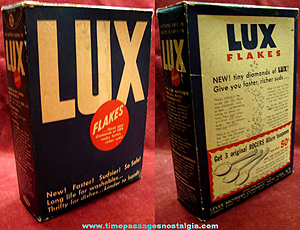Tuesday night we had our second live tweet-along with ds106radio. The story was Dashiell Hammett’s classic, The Maltese Falcon, produced for Lux Radio Theater in 1943. I wondered how people would react to old time radio, with its 70 year old recording technology and production standards. I was pleasantly surprised by the extent of the positive response:
I never thought I would enjoy a radio show that much! I was captivated the whole time! #noir106 #ds106 #ds106radio
— Kendall Parker (@kendall_parker2) February 4, 2015
This didn’t even feel like an assignment. It was actually fun  #ds106radio #noir106
#ds106radio #noir106
— Tiffany Yowell (@tyowell29) February 4, 2015
Tuesday’s participants were:
@tyowell29
@JuLaszakovits
@jimgroom
@spencer_cscott
@3lilangls
@jcpds106
@kkroehl
@kendall_parker2
@brian2burns
@bchristi_1361
@laurenfalkens
@EmilyBostaph
@ayee_layton8
@IamTalkyTina
Even though the production was old, the use of audio techniques was highly effective. Simple things, like footsteps, clinking glasses, closing doors, paint pictures in the listener’s mind. The music struck me as dated, though, and towards the end we could hear some audience laughter, which did not help.
 There were some interesting period touches in it. The host, Cecil B. DeMille, was a major celebrity at that time, as was lead actor Edward G. Robinson. Nowadays stars on that level wouldn’t touch radio, or television for that matter, unless it was some major event. But back then radio was a big deal – it was really the only way to reach a national audience in real time. The broadcast came complete with commercials for Lux soap, the show’s sponsor, and it was apparent that the show was recorded during WWII. In a post show interview, Robinson talked about touring Europe during the conflict and said he was learning Russian so he could say “Thank you” to every Russian soldier he met. A few years later, that sort of sentiment would be unspeakable. I wonder if it contributed to his troubles with HUAC in the 50s.
There were some interesting period touches in it. The host, Cecil B. DeMille, was a major celebrity at that time, as was lead actor Edward G. Robinson. Nowadays stars on that level wouldn’t touch radio, or television for that matter, unless it was some major event. But back then radio was a big deal – it was really the only way to reach a national audience in real time. The broadcast came complete with commercials for Lux soap, the show’s sponsor, and it was apparent that the show was recorded during WWII. In a post show interview, Robinson talked about touring Europe during the conflict and said he was learning Russian so he could say “Thank you” to every Russian soldier he met. A few years later, that sort of sentiment would be unspeakable. I wonder if it contributed to his troubles with HUAC in the 50s.
We read Hammett in the Hardboiled class a couple years ago, and I recalled something about the term gunsel which was used in The Maltese Falcon. Apparently it is a vulgar term in Yiddish that implied something about the physical nature of the relationship between Gutman and Wilmer. Hammett figured his editor at Black Mask would misunderstand the term as referring to someone who carries a gun, and that it would get through. I guess he ended up redefining the term, because it also made it past the Hollywood censors into the film and the radio show. Interesting how popular culture influences language like that.
